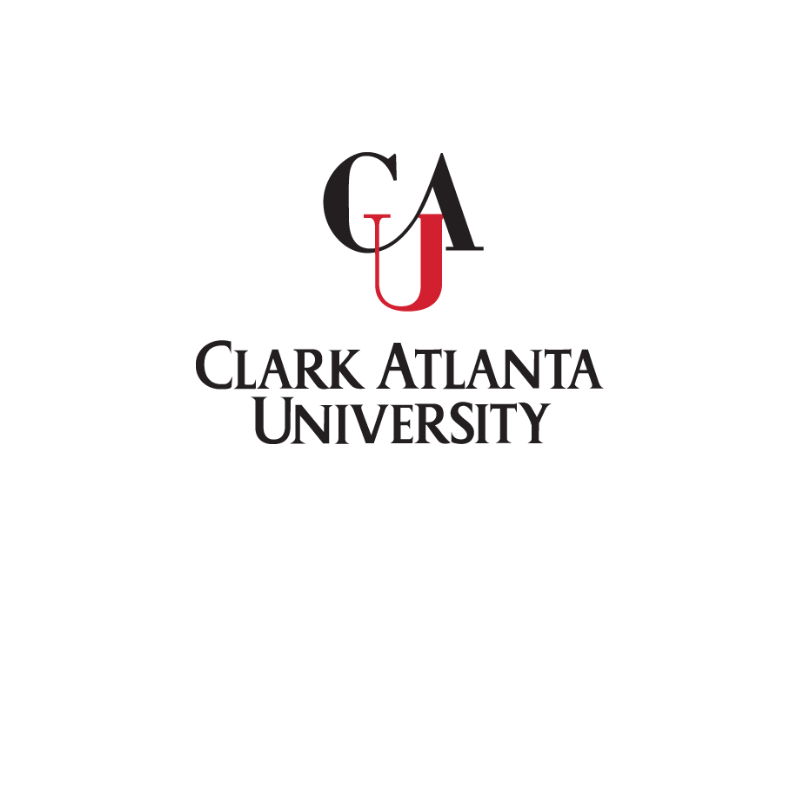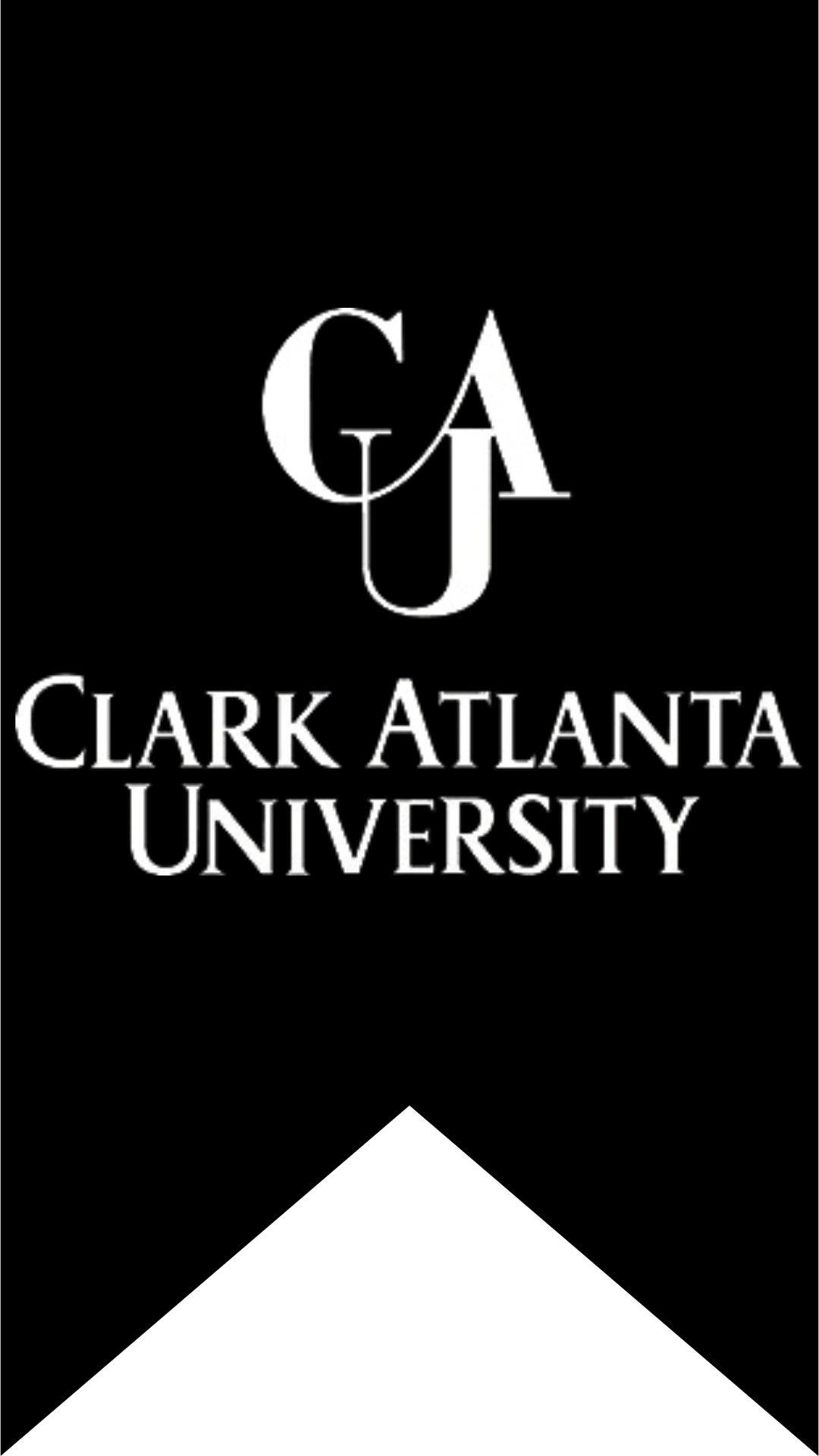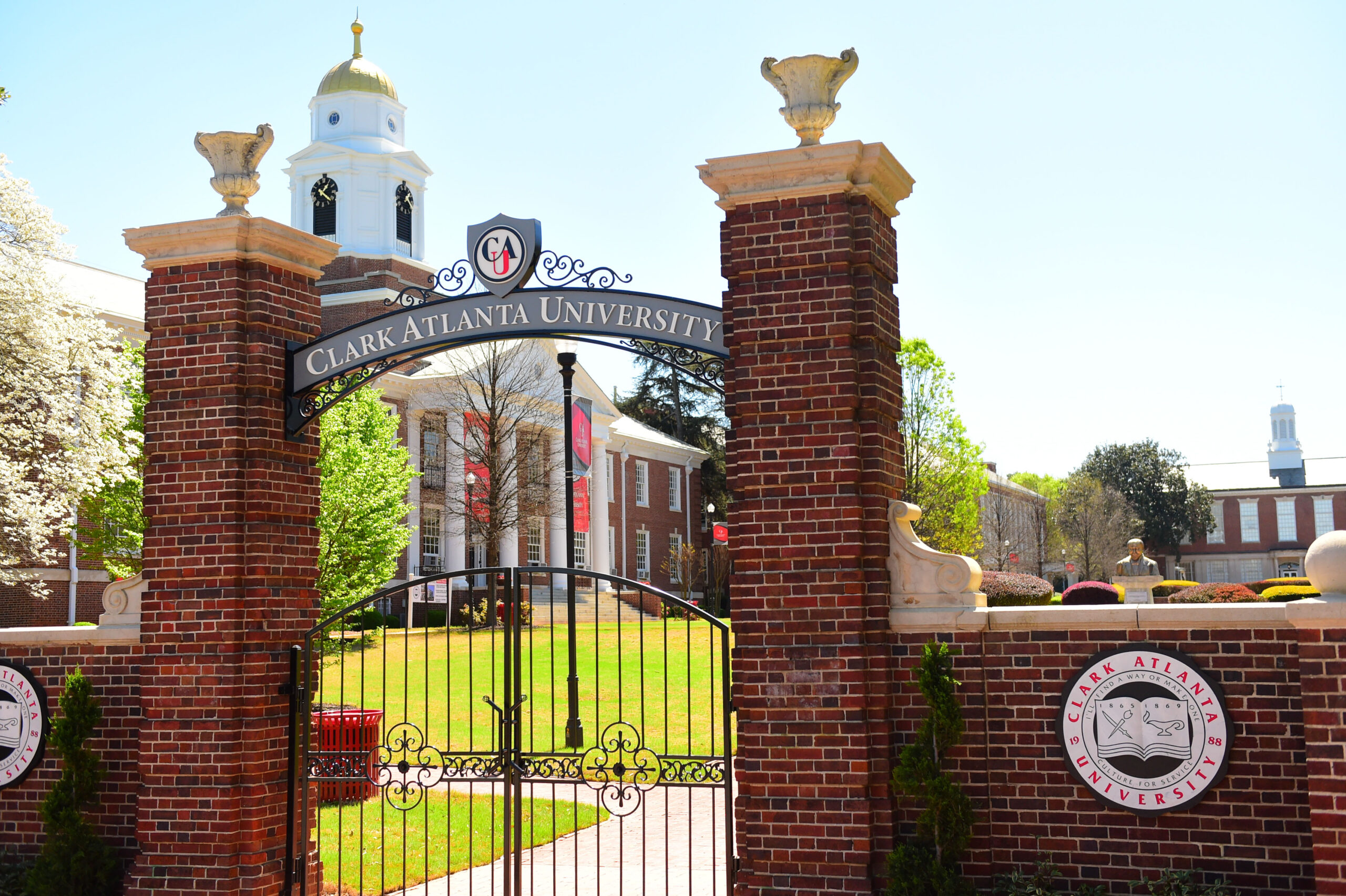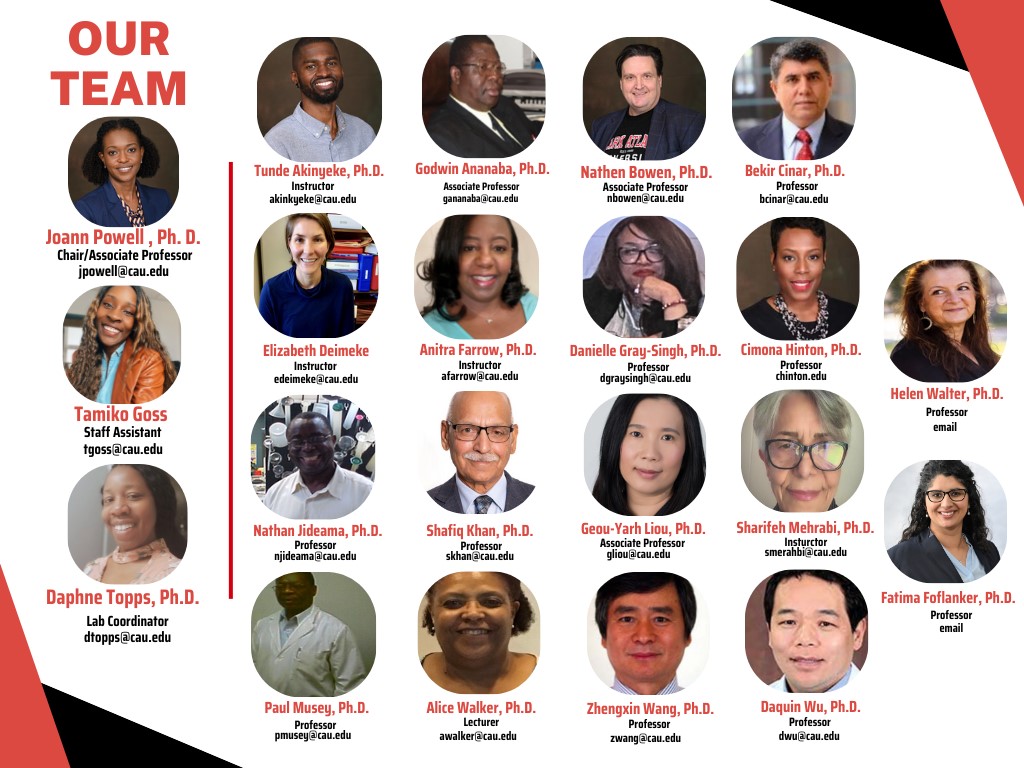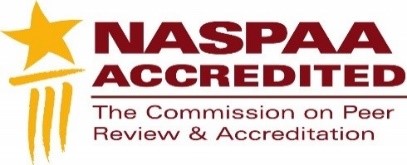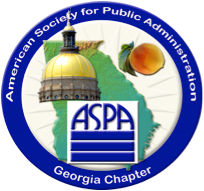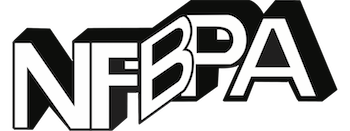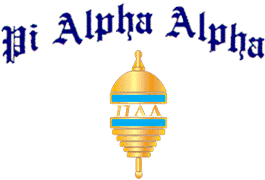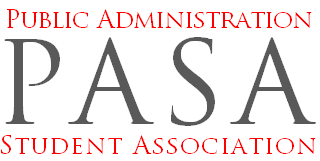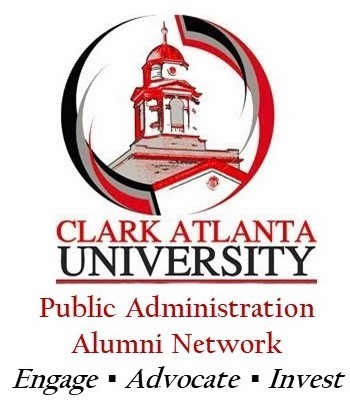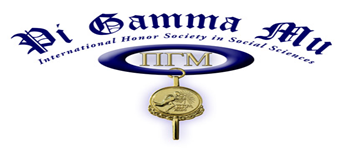School of Arts & Sciences
Unlock your full potential in both your career and personal life with the School of Arts & Science at Clark Atlanta University.
The School of Arts and Sciences at Clark Atlanta University presents a varied and comprehensive curriculum that empowers students to thrive, discover their direction, and attain a successful professional life. This School forms the fundamental educational base of the university, anchored in a tradition of liberal arts that traces back to Clark College, established in 1869. Clark College was one of the earliest private four-year liberal arts colleges for African Americans in the United States, and it remains a significant pillar of the university’s undergraduate programs.
